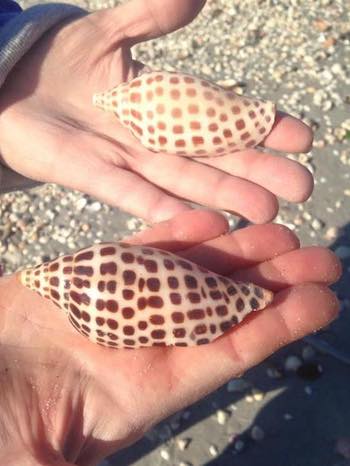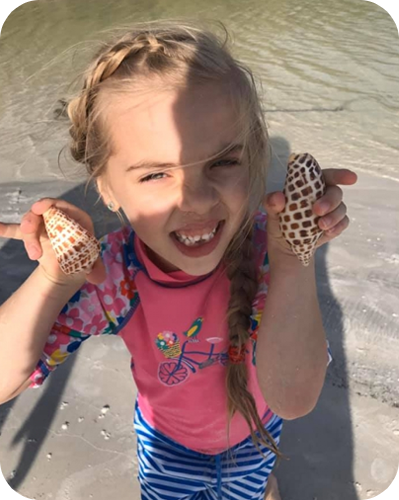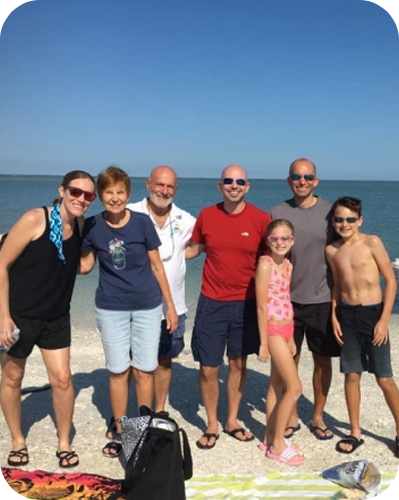Florida is a paradise for anglers, with its vast coastal areas, countless lakes, rivers, and streams. However, with the privilege of fishing in these rich waters comes the responsibility of preserving them for future generations. To do this, it’s important to follow sustainable and responsible fishing practices. Here are ten tips to help you make your fishing adventures more sustainable.
1. Follow Fishing Regulations
Fishing regulations are established to protect and manage fish populations, ensuring they thrive for generations to come. It’s essential to familiarize yourself with the local fishing regulations, including bag and size limits, seasons, and gear restrictions. The Florida Fish and Wildlife Conservation Commission is a valuable resource for up-to-date regulations and guidelines.
2. Practice Catch and Release
Catch and release is a practice that helps to conserve fish populations by returning fish to their habitat. It’s particularly important for species that are overfished or in the offseason. However, how you handle the fish can greatly affect their survival rate. Learn proper catch and release techniques, such as using wet hands when handling fish and minimizing their time out of the water.
3. Use Circle Hooks
Circle hooks are a type of fishing hook designed to reduce the likelihood of gut hooking, increasing the survival rate of released fish. Unlike traditional J-hooks, circle hooks are designed to hook the fish in the corner of the mouth, which causes less damage. Consider using circle hooks when fishing, especially when practicing catch and release.
4. Avoid Sensitive Areas
Fish, especially those species that are spawning, are often found in sensitive habitats like seagrass meadows, coral reefs, or mangroves. These areas are crucial for the survival and health of many fish species, and damaging them can have devastating effects on local fish populations. When fishing, be mindful of your surroundings and avoid disturbing these sensitive habitats.
5. Use Biodegradable Gear
Fishing gear, such as line and bait packaging, often ends up in the water and can be harmful to marine life. Consider using biodegradable fishing gear and make sure to collect and dispose of your fishing line and other waste properly.
6. Respect Other Anglers
Sharing the water with other anglers is a part of the fishing experience. Respect the space of other anglers and adhere to fishing etiquette. This not only makes fishing more enjoyable for everyone but also reduces the pressure on fish populations in a particular area.
7. Avoid Non-Native Bait
Non-native species can cause significant harm to local ecosystems if they are introduced. When fishing, use local or artificial bait to avoid the potential introduction of invasive species.
8. Support Marine Protected Areas
Marine Protected Areas (MPAs) are established to protect marine ecosystems, preserving biodiversity and supporting fish populations. Respect these areas and support policies and initiatives that aim to establish and maintain MPAs.
9. Learn and Teach Others
Education is a powerful tool for conservation. Learn about the importance of sustainable fishing practices and the impacts of overfishing, and share this knowledge with others. By spreading awareness, we can inspire more people to fish responsibly.
10. Report Unusual Activities
If you encounter any illegal fishing activities or see something unusual, such as sick or dead fish, report it to local authorities. This can help them respond promptly and mitigate any potential impacts.
Remember, as an angler, you have the power to make a positive impact on the health of our waters. By following these tips, you can help ensure that Florida’s rich fishing heritage is preserved for future generations. At Sand Dollar Boat Tours, we’re committed to promoting and practicing sustainable fishing. We invite you to join us in this mission and experience the joy of responsible fishing.






